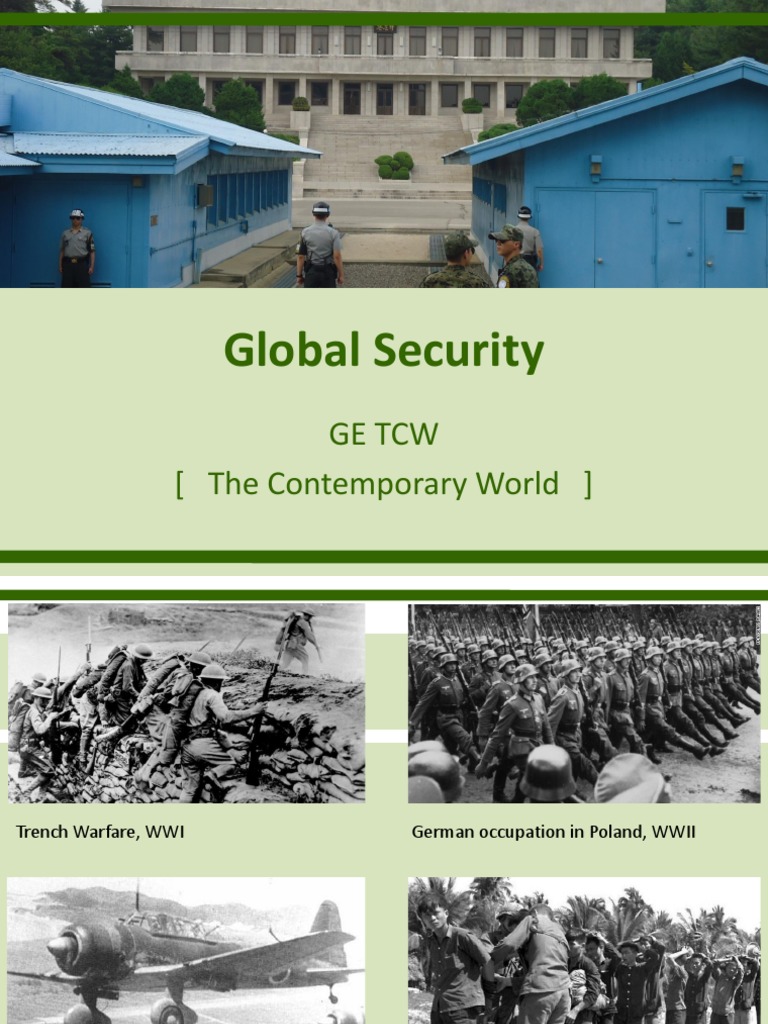The concept of global security has evolved significantly in contemporary discourse, transcending traditional notions that emphasize military strength and border control. The Bahá’í teachings, rooted in principles of unity, justice, and compassion, advocate for a transformative approach to security—one that binds humanity together across geographical and ideological divides. This exposition delineates various facets of Bahá’í perspectives on building true global security, emphasizing cooperation and the collective advancement of society.
Central to the Bahá’í vision is the recognition that humanity is one interconnected family. This sense of oneness serves as a foundation for global security, urging individuals to transcend nationalism and tribalism. Conflict often arises from distinct identities that foster divisions among people. The Bahá’í teachings emphasize that the root causes of strife are deeply embedded in ignorance, prejudice, and a lack of understanding. By promoting education and awareness of our shared humanity, the Bahá’í Faith posits a potent antidote against discord predisposed by misunderstanding.
Moreover, the Bahá’í principle of Justice is indispensable in establishing a secure world. Justice, as extolled in Bahá’í scripture, involves ensuring that all individuals receive their due rights. This clarification of rights fosters not only a sense of belonging but also mitigates feelings of disenfranchisement and aggravation that can lead to conflict. When justice is universally applied, individuals and communities are less inclined to resort to violence or oppression, thus fostering a secure global environment. Engagement in dialogue about justice and rights can act as a significant bulwark against grievances that might otherwise erupt into hostilities.
Another salient aspect of the Bahá’í approach is the call for unity in diversity. The interplay of different cultures, religions, and ethnicities enriches the human experience. Instead of viewing diversity as a potential fault line for conflict, Bahá’í teachings suggest that it be celebrated as a source of strength. The understanding that each culture contributes unique insights and values can lead to a more harmonious global society, emboldening collaborative efforts to address global challenges. Through the lens of oneness, diversity solidifies rather than destabilizes the social fabric of humanity.
Furthermore, the Bahá’í teachings promote the idea of economic justice as a pillar of global security. Economic disparities often lead to social unrest, creating environments rife with tension and instability. The concept that wealth should be distributed more equitably aligns with the belief that everyone deserves access to basic needs such as education, healthcare, and employment opportunities. Implementing economic justice aligns individual well-being with holistic societal prosperity, thereby fostering environments conducive to peace. In this regard, initiatives that seek to alleviate poverty are paramount in crafting a secure global community.
Attention must also be given to the necessity of global governance. Traditional notions of sovereignty must be reexamined in the context of an increasingly interconnected world. The Bahá’í teachings advocate for the establishment of a system of global governance that places priority on collective welfare over national interests. Such a framework would facilitate cooperation among nations, thus allowing for coordinated responses to global issues such as climate change, pandemics, and terrorism. This governance model would function not as a mechanism for imposing control, but rather as a collaborative platform for ensuring the welfare of all inhabitants of the Earth.
Crucially, the Bahá’í perspective underscores the role of spiritual forces in fostering true security. It is posited that material solutions alone are insufficient in confronting the complexities of human existence. Spirituality can galvanize a sense of purpose and belonging, leading to a more profound commitment to peace-building measures. Emphasis on spiritual development empowers individuals to act with integrity and altruism, naturally extending to the global community. When individuals cultivate inner peace and moral rectitude, they are better equipped to navigate the challenges of an ever-evolving world.
Moreover, the power of education is paramount in realizing these ideals. Bahá’í teachings advocate for universal education that encompasses not only intellectual but also moral and spiritual development. An enlightened populace possesses the tools necessary to engage critically with issues of global security. Education fosters resilience and social cohesion, equipping individuals to confront and resolve conflicts through peaceful means. Initiatives that promote intercultural literacy can cultivate understanding, empathy, and solidarity among diverse groups, thereby fortifying global security.
In conclusion, building true global security as envisioned by Bahá’í teachings requires a multifaceted approach that transcends mere geopolitical considerations. It mandates a collective effort rooted in justice, unity, economic parity, and spiritual engagement. Only through concerted actions that acknowledge our shared destiny can humanity hope to establish a truly secure world. The Bahá’í approach illuminates a transformative pathway, challenging us to rethink the very foundations of security so that they embrace collaboration, compassion, and an unwavering commitment to the common good. As we strive for a peaceful coexistence, the core precepts of Bahá’í teachings offer invaluable guidance in surmounting the manifold challenges we face together. The essence of building true global security lies not in the acquisition of weapons, but in the cultivation of trust, understanding, and cooperation across borders.
